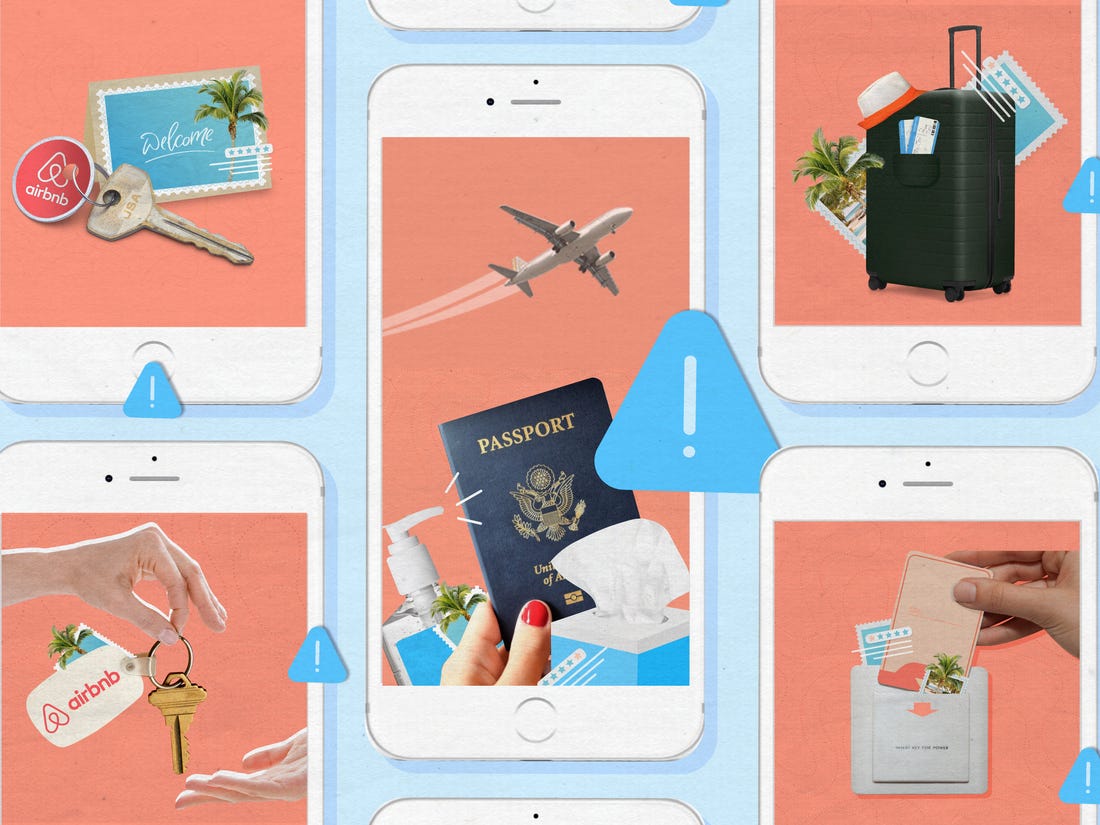
How to Travel Safely during Coronavirus? | Safety Guideline for Travelers
As the outbreak of COVID-19 continues to evolve, it is advised all individuals to ‘stay alert and safe’ and adhere to the recommended social distancing measures. Social distancing measures are steps taken to reduce the social interaction between people.
Those who may be at greater risk of severe illness, and who fall into the vulnerable group due to their age or medical condition, should take particular care to minimize contact with others outside their household. Certain individuals who are thought to be extremely vulnerable to severe COVID-19 have been advised to follow more stringent ‘shielding’ measures.
Advice for travelers
Where travel is essential, you should follow sensible guidance to prepare for your trip and reduce your risk of exposure to COVID-19 while this outbreak is on-going. Stay safe and travel responsibly by following these simple but effective guidelines:
- Be aware of, and keep up to date with the latest official advice offered by the country you are departing from or travelling to during this outbreak. The pandemic has led to unprecedented international border closures and other restrictions. All countries may impose travel restrictions without notice.
- Check the impact this outbreak may have on your travel insurance coverage, including medical repatriation costs in case of ill health or any new restrictions on travel
- Contact your airline, tour operator, cruise line or other transport and accommodation providers for up-to date information on your itinerary and travel plans. Other useful resources may include International Air Travel Association (IATA) and Cruise Lines International Association (CLIA).
- Be aware that there may be enhanced screening/monitoring at entry and exit ports. In some countries borders may close or you may be required to self-isolate for a set period, even if you do not have symptoms.
- Check up to date travel health recommendations on our Country Information pages, and if you require further advice, speak to your GP, practice nurse, pharmacist or travel clinic.
- If you are an older traveler or have underlying health problems, you should be aware that if you are infected with COVID-19 you could be at increased risk of severe infection.
- Face coverings may help us protect each other and reduce the spread of the disease if you are in an enclosed space where social distancing isn’t possible and where you will come into contact with people you do not normally meet. Face coverings do not replace social distancing; you still need to take all the other recommended precautions.
- Some countries may require proof of recent COVID-19 testing for entry. A number of commercial COVID-19 tests are available. You are advised to discuss COVID-19 testing for international travel purposes with your GP, pharmacist or travel clinic.
If you are unwell with any of the following: a high temperature, new continuous cough or a loss of, or change in, your normal sense of taste or smell (anosmia), you should self-isolate following the stay at home guidance.
When you are abroad, you should check where to get help locally, and contact your travel insurance provider.
In addition to the points above, consider the general advice for preventing the spread of respiratory viruses:
- Wash your hands often with soap and running water for at least 20 seconds. Use an alcohol-based hand sanitizer that contains at least 60% alcohol if soap and water are not available. This is particularly important after taking public transport or being in a public space.
- Avoid touching your eyes, nose, and mouth with unwashed hands.
- Avoid close contact with people who are sick.
- If you feel unwell, stay at home, do not attend work or school.
- Cover your cough or sneeze with a tissue, then throw the tissue in a bin and wash hands with soap and water.
- Clean and disinfect frequently touched objects and surfaces in the home and work environment.
Advice if you have contact with a COVID-19 case while abroad
If you have been in contact with a known COVID-19 case, follow local public health advice (if available), and speak to your healthcare provider or travel insurance company as soon as possible for further guidance.
Advice if you become unwell abroad
If you develop symptoms of new continuous cough, high temperature or a loss of, or change in, your normal sense of taste or smell (anosmia) while abroad or during travel, you should immediately:
- Stay indoors and avoid contact with other people, as you would with the flu.
- Call your health provider and/or insurance company to discuss what you should do.
- Follow local public health guidance if available.
- If you become unwell at an airport, bus or train station before or during a long trip, seek medical advice and do not start or continue your journey.
- Once you have fully recovered, check with your health provider if you are fit to travel, before any onward travel.
Finally, stay safe and enjoy your trip!



